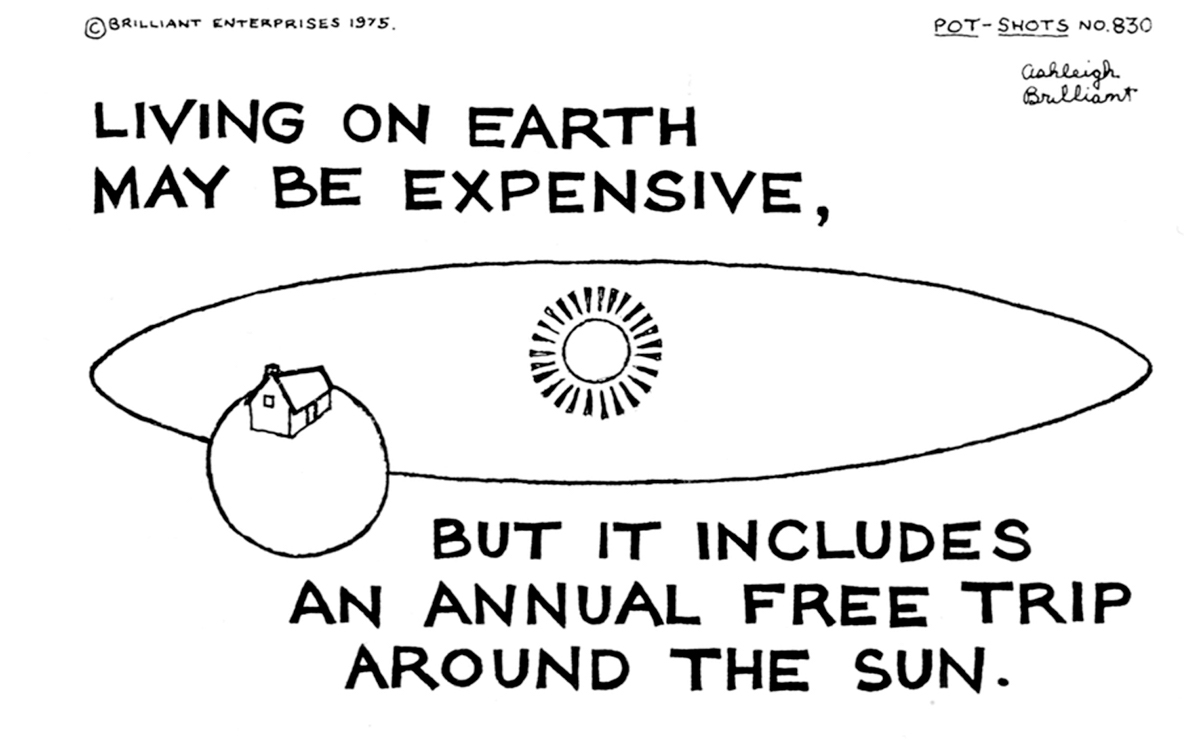Radio and Me

In all the history of Technology, I know of no more exciting story than that of Guglielmo Marconi, the young Italian who discovered how to send messages, not by sight or sound, and not through wires, but through empty air. At first – i.e. from about 1895, and for many years after – the messages could be sent only in Morse Code. It was not until about 1920 that actual voices and music could be transmitted – and soon after that, we had the development of regular “broadcasting” – casting messages so broadly that anyone with the right equipment could receive them. But it was not until about 20 years after that, that I myself, as a child, became aware of something wonderful called “radio.”
The first radio sound I can remember hearing was a booming man’s voice, saying “CARRY ON, CANADA!” This was not a commercial for any carry-on luggage, but some sort of patriotic propaganda message. I was living in Toronto with my mother and sister. It was wartime (1940), and what was most important on the radio was the news.
The first “network” program I can remember was called Information Please, in which a panel of experts tried to answer questions sent in by listeners. But there was also a local kids’ quiz show in Toronto, called “Snappy Answers.” I have good reason to remember it, only because I didn’t get on it. My mother took me down to the studio, where there was a live audience of children. I was six years old and was somehow one of those called up to the front, and given a chance to answer a test question. I can’t even remember what the question was – but I didn’t have a snappy answer. So I wasn’t on the show – but I did receive a consolation prize of a quarter – 25 cents. My mother took me to a Woolworth’s store to spend the money. At her suggestion, I bought us each an ice cream cone. But that still left me with 15 cents. I decided to buy a little book called Wonders of the World, – which I still have, and which, from its descriptions of several western wonders (like the Redwood tree that you could drive through), may eventually have played a part, some years later, in bringing
me to California.
Once my family was settled in Washington D.C. where I spent five years of my childhood, I became accustomed to a whole array of regular radio offerings. There were weekly evening comedy shows, like Jack Benny and Fred Allen. There were daily after-school kids’ adventure programs, like Tom Mix, the Lone Ranger, and Jack Armstrong. These were often sponsored by breakfast foods like Wheaties. Kids all across the country who listened to a particular program could join radio “clubs,” some of which offered prizes to members, like “decoder badges,” which enabled them to understand secret “code” messages given on the air. These items were hard to part with. I still have my Lone Ranger and Captain Midnight badges.
In the earlier daytime hours, there were adult serials aimed mostly at housewives, which, because they were often sponsored by laundry products, became known as “Soap Operas.” One I particularly remember, because the introductory words were always the same: “Our Gal Sunday – The story that asks the question, can a little girl from a mining town in the West find happiness as the wife of a wealthy entitled Englishman?” Then there was “The Romance of Helen Trent,” which was specifically aimed at women of 35 and older (although the serial ran for years, Helen was always said to be 35).
I wasn’t interested in sports, except possibly the thrilling live broadcast of a big boxing match. The war news was not always interesting, but I knew it was important. (The first piece of writing I ever had published was in the newspaper of my elementary school and was about a big map we had on our classroom’s wall, showing the fighting fronts.)
Also influential were the regular commentators – among them: Gabriel Heater (who I thought had a tired-sounding voice), Lowell Thomas (from whose signoff I learned the expression “So long”), and Walter Winchell (who had an exciting rapid-fire style of delivery, and always started by saying “Good evening Mr. and Mrs. North and South America, and all the clippers and ships at sea – Let’s go to press!)
In those days before television, it was remarkable how much we could see with our ears.







